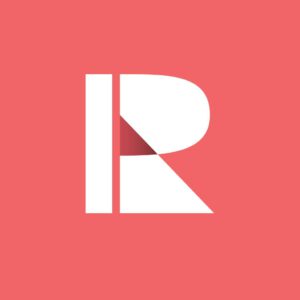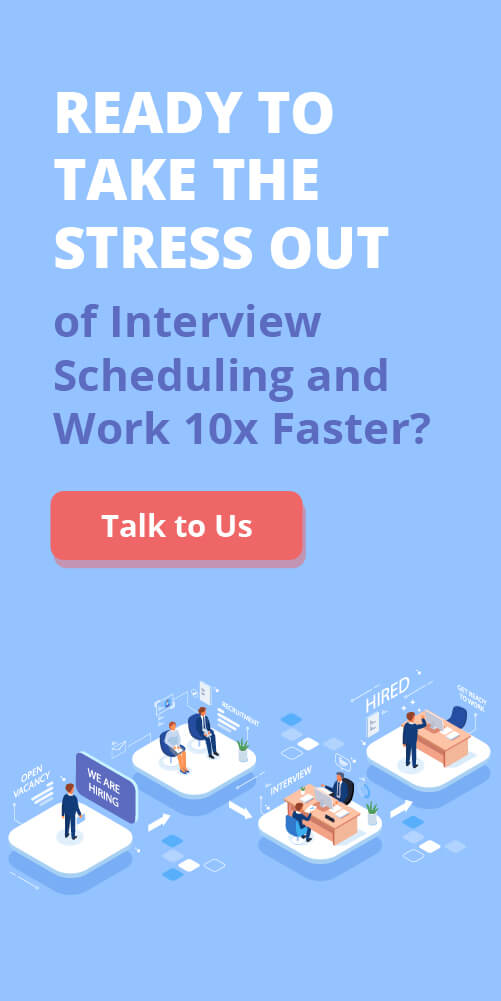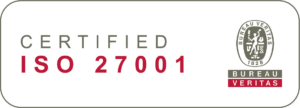If you want to ensure your recruitment booth attracts qualified candidates at every career fair, your pre-fair outreach strategy must be on point. Organizations that adopt targeted communication methods can significantly increase their engagement with prospective talent.
Consider Intel as an example. The tech giant redefined its outreach strategy to connect with 110,000 early-career professionals more effectively. Rather than relying on generic job alerts, they implemented personalized email campaigns that featured employee testimonials, engaging videos, and interactive content like quizzes tailored to their audience. This approach yielded a 50% email open rate—twice the industry standard—and markedly improved candidate interaction.
So, before you pack your company swags and head to the career fair, take a moment to refine your communication strategy with these career fair tips for employers. Thoughtful outreach will elevate your recruitment efforts and help you connect with candidates who align with your team’s needs.
Communicate With Career Centers as Soon as Possible

A successful career fair experience starts well before the event itself. One of the first things your recruiting team should do is connect with the career center hosting the event. Reaching out early helps you secure your spot and may even get you some help promoting your participation to students. It’s also a great way to ensure everything runs smoothly and avoid any surprises.
Many career centers can offer a curated list of students for pre-fair outreach, though the availability of this information can vary depending on privacy policies and other factors. Keep these considerations in mind when planning your outreach.
- Privacy Policies: Universities are required to follow strict privacy regulations like FERPA (Family Educational Rights and Privacy Act) in the U.S. Career centers may need student consent before sharing contact details, limiting direct outreach unless students have opted in to share their information.
- Partnership Agreements: Some career centers have established agreements that dictate what kind of student information can be shared with employers. Developing strong partnerships may give you access to more detailed candidate data.
- Platform Usage: Career centers often use recruitment platforms where employers can access student profiles and contact information (assuming students have given consent). Check which platform the university uses and ensure you are familiar with its functionalities.
Event Participation: Some schools allow employers to access student details if they participate in career fairs, workshops, or similar events. Be sure to confirm what is included in the career fair package regarding access to candidate information.
Segment and Target Candidates Early
Targeted List Building
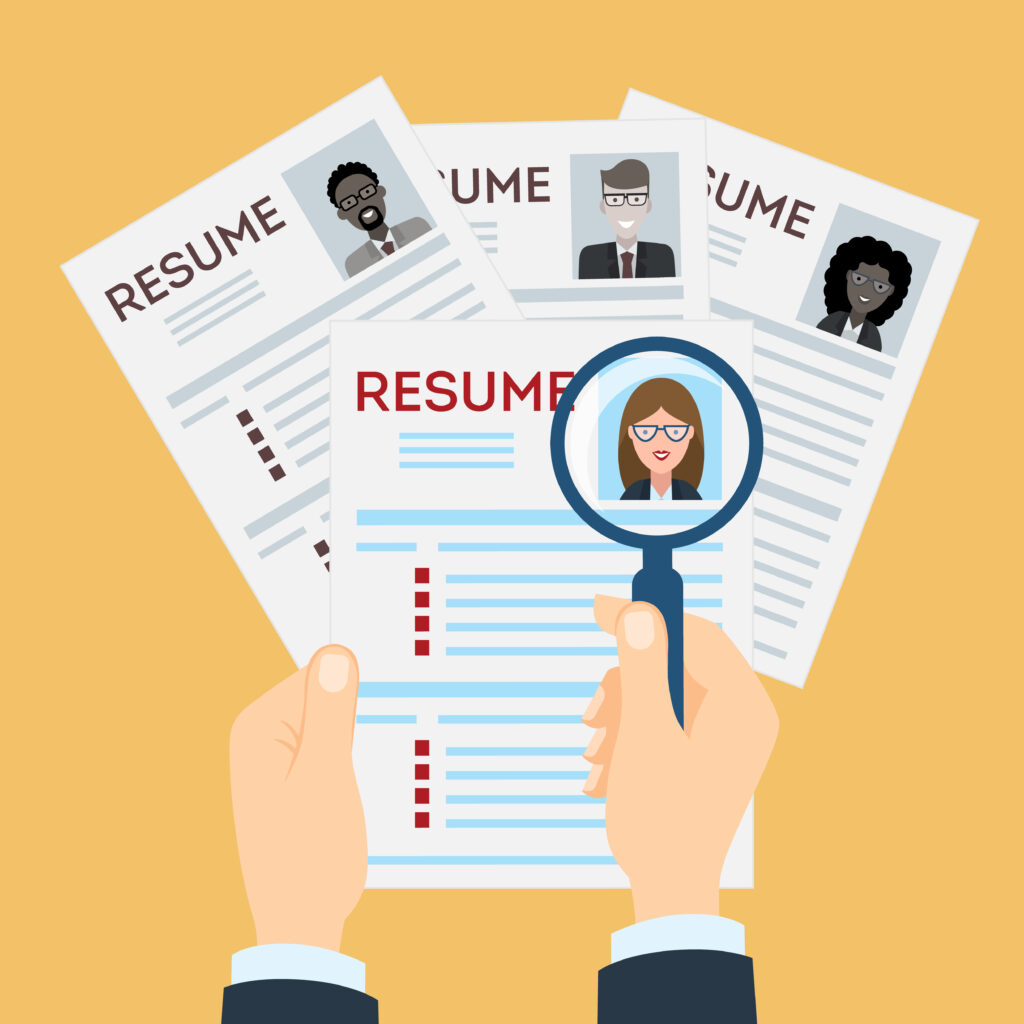
An effective pre-fair outreach strategy begins by creating curated lists of potential candidates. As a recruiter, you can build your list of pre-fair contacts in a few impactful ways to kick off targeted outreach campaigns. Here are two key approaches:
- University and Alumni Portals: Many universities and student organizations offer employers access to student profiles through career centers or alumni portals. Leverage these resources to identify students who are likely to attend the fair and personalize your communication to engage them early.
- Revive Past Candidate Lists: If you’ve attended career fairs before, revisit your lists from previous events. Reconnect with students who previously showed interest in your company but weren’t hired. Since they’re already familiar with your brand, pre-fair outreach to these candidates can have a stronger impact.
- Employee Referrals: Start asking around. Contact your current employees or interns if they know anyone in their networks—especially from their alma maters—who might be attending the career fair. Employee referrals can lead to highly qualified candidates with direct connections to your team.
Leverage CRM Tools for Data Segmentation
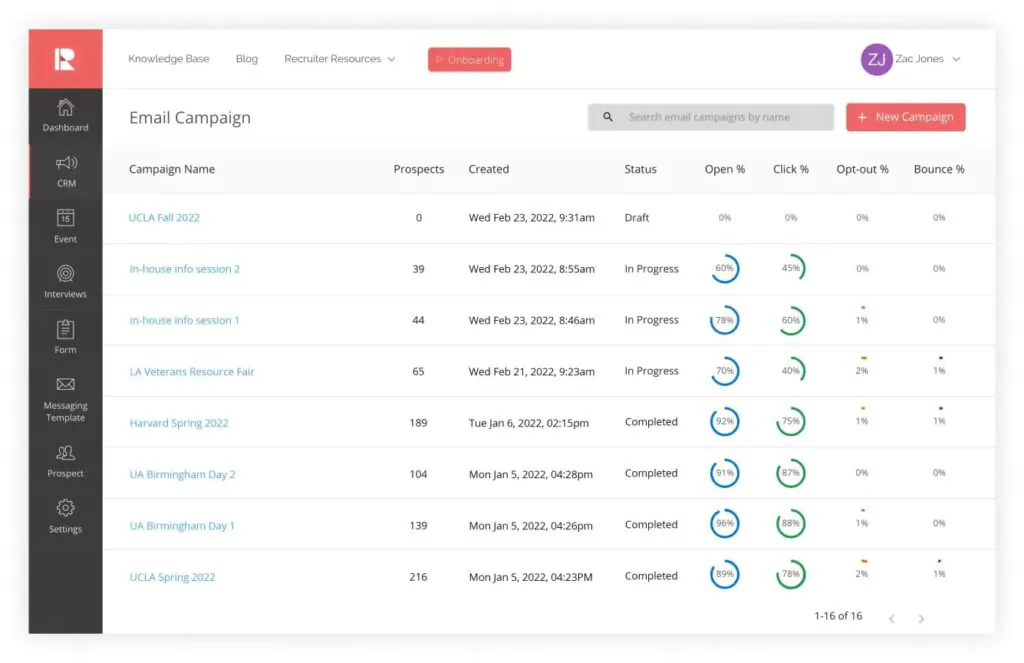
Using CRM tools like Rakuna’s can make a big impact on your pre-fair outreach by helping you segment candidates into highly targeted talent pools. This allows you to send personalized communication to the right candidates while allowing your recruiters to create multiple communication templates for easy management.
Using Recruiting CRM tools, recruiters can create talent pools based on several factors:
- Demographics and Majors: This is the most straightforward group. Recruiters can segment candidates by their major, graduation year, or educational background to target those most aligned with your open roles.
- Skills and Experience Levels: Tailor your messaging to match candidates’ specific skill sets and prior experience, offering opportunities that resonate with their current expertise.
- Behavioral Traits and Preferences: Go beyond traditional criteria like GPA and location. Segment candidates based on values, work styles, or personality traits that align with your company culture, helping you identify those who are likely to be a better long-term fit.
Solid Career Fair Tips for Employers: Personalization Helps You Stand Out in the Crowd
Rakuna’s Text Recruiting & Recruiting CRM for Personalized Outreach
Here’s another solid career fair tip for employers: If you want to capture attention, there should be some personalization in your communication. Rather than relying on generic outreach, recruiters should prioritize crafting customized email and SMS messages to create meaningful connections with potential hires.
- Use Personalized Email and SMS Messaging: Using tools like Rakuna’s Text Recruiting and Recruiting CRM, recruiters can easily schedule and send mass communication campaigns with built-in personalization options. These platforms enable you to automate messaging while ensuring it still feels one-on-one by allowing room for customized content.
- Even while using automation, it’s essential to create messaging that feels personal and relevant. For example, while scheduling a follow-up email, include specific references to previous interactions or their stated career interests, ensuring that your outreach feels more genuine than generic bulk messaging.
- Refine Your Messaging Based on Data: Do you have data from your previous event? Analyze past outreach performance metrics, such as email open rates, click-through rates, and response rates, to identify what resonates best with your target candidates. Data-driven insights are the bread and butter of a successful communication plan. With tools like Rakuna’s Recruiting CRM, your team can easily access and review this data for every campaign to make adjustments on the fly.
- Templates for Scalable Personalization: While it may seem challenging to personalize outreach for every candidate, Rakuna’s platforms allow you to create templates that include customizable fields. This enables every message to reference specific candidate details, such as skills, university projects, or internships.
- Example: You could reference a candidate’s internship experience in AI and share how your company’s latest machine-learning project aligns with their interests. Adding personal details like this shows that you’ve taken the time to understand their background.
- Send Engaging Content: Incorporate additional touchpoints in your outreach by sending links to tailored content like short videos, quizzes, or blog posts that resonate with the candidate’s career aspirations. For example, if a candidate has a strong interest in AI, share a video of your team discussing ongoing machine-learning projects. To create professional and visually engaging content, consider using AI-supported video & visual design tools like FlexClip.
- Crafting the Perfect Call-to-Action (CTA): Your CTA plays a pivotal role in driving action from candidates. Use data from your initial campaigns to determine which CTAs perform best. For example, calls-to-action like “Schedule a quick chat” or “Attend a webinar” may have different engagement levels compared to “Apply for this role.” A/B testing can also help determine which approach moves candidates further along the recruitment funnel.
Need a few templates to kick things off? Check out this collection of email templates to get your prospects into an interview.
Multi-Channel Outreach

Relying solely on one communication method, such as email, might limit your ability to engage with candidates. Modern students and early-career talent are accustomed to consuming information across various channels, so it’s important to diversify your outreach strategy.
- Analyze Channel Effectiveness: Not every channel works equally well for every candidate. To maximize your reach, monitor past engagement data (like email open rates, SMS click-through rates, and social media interactions) to understand which methods resonate best with different candidate segments. If this is your first time conducting pre-fair outreach, start tracking this data to refine your strategy over time.
- Build Excitement Before the Fair: Generate buzz on social media before the event. Share behind-the-scenes clips, introduce team members attending the fair, or even host a live Q&A with recruiters or alumni. Early engagement helps familiarize students with your brand before they even stop by your booth.
- Best Practice Tip: Use platforms like Instagram Stories, LinkedIn posts, and TikTok videos to share quick, engaging content. Tag the universities or organizations hosting the fair to increase your visibility and reach a wider audience.
- Unified Multi-Channel Messaging: Ensure your outreach—whether it’s via email, text, social media, or phone—carries a unified theme. Each touchpoint should build on the previous one, making it easier for candidates to follow your messaging across channels.
- Best Practice Tip: Develop a branded recruitment campaign theme that can be adapted across different platforms while maintaining consistency in your messaging. You can go even further by designing your campaign theme around the career fair’s seasonal topic (if the host is going for one)
Timing for Maximum Engagement

Pre-Fair Outreach Timelines
Timing your outreach effectively can have a significant impact on engagement. Start your pre-fair communication early enough to give candidates time to respond and prepare, but not so early that it gets lost in the shuffle. Ideally, you want to begin reaching out 2-4 weeks before the career fair.
- Start Early: Kicking off outreach 2-4 weeks ahead allows students to fit your event into their schedules and increases the chances of getting on their radar early.
- Send Reminders: As the fair date approaches, send reminder messages to reinforce your initial contact and keep your company top-of-mind. A reminder one week before the fair and a final nudge the day before is usually effective.
Experiment with Timing
Timing can significantly impact the success of your outreach. Test different times to send messages—early morning or late evening, for instance—since students balancing internships or classes may be more responsive outside of standard work hours.
Send, Adjust, Send Again
Review your past outreach data, paying close attention to open, response, and click-through rates to pinpoint the best time slots. Adjust your strategy accordingly, sending messages when engagement is highest. For example, if data shows a spike in responses in the evening, prioritize that time for future campaigns.
Best Practice Tip: Use A/B testing on emails and SMS campaigns to continually refine both timing and messaging for optimal engagement.

Building Anticipation Before the Event
Provide Value Before the Fair
To stand out from the competition, build anticipation by offering valuable insights and interactions before the career fair even begins. Provide virtual office tours or employee testimonials, giving candidates a sneak peek into your company’s culture and work environment. Consider hosting a pre-fair virtual Q&A session where candidates can ask questions and interact with current employees or recruiters. This not only answers candidates’ questions but also strengthens their connection to your organization.
For a more personal touch, invite selected candidates to an informal online session ahead of the event. This allows you to share what they can expect at the career fair, talk about available roles, and provide real-time answers to any questions. The added benefit of this strategy is that candidates who arrive at the fair are already familiar with your brand and are more engaged with your recruitment team.
Utilize Campus Ambassadors for Word-of-Mouth Buzz
Nothing resonates more with students than hearing from their peers. Leverage current employees or former interns from the target universities to act as campus ambassadors and spread the word about your company. Peer-to-peer endorsements carry significant weight, especially from those who have walked the same path as the candidates you’re targeting. Ambassadors can promote your brand through campus events, student organization partnerships, and informal word-of-mouth recommendations, helping to build excitement before the fair.
Offer Application Fast-Pass or Early Screening
Create a sense of exclusivity by offering specific candidates an application fast-pass or early screening opportunities. Providing fast-track interviews or exclusive early access to interview slots can encourage qualified candidates to engage early with your booth or even apply ahead of time. This strategy not only helps you identify high-potential candidates faster but also signals to them that they are a priority, which can strengthen their interest in joining your company.
To Wrap up . . .
And there you have it: a well-planned pre-fair outreach strategy can make a significant impact on your recruiting results. From engaging early with career centers and building targeted candidate lists to personalizing your outreach across multiple channels and refining your messaging with data insights, you can create meaningful connections before the event even begins.
The more prepared and intentional your approach, the more successful your career fair experience will be. So, start early, experiment with timing and channels, and keep your outreach personal and relevant to make a lasting impression on potential candidates.
